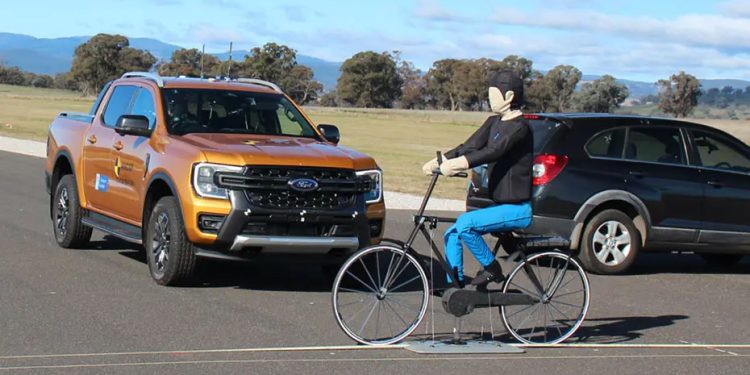ANCAP can help to solve the bong fest safety issue
Words NZ Autocar | Images ANCAP, Car ADAS Solutions, Drive
The Australasian New Car Assessment Program (ANCAP) is looking to discourage car companies that produce hyperactive advanced safety systems. Those that repeatedly bong at the driver for perceived misdemeanours may come in for ANCAP scrutiny. If shown to be annoying and/or a distraction, points will be subtracted during vehicle crash test assessments.
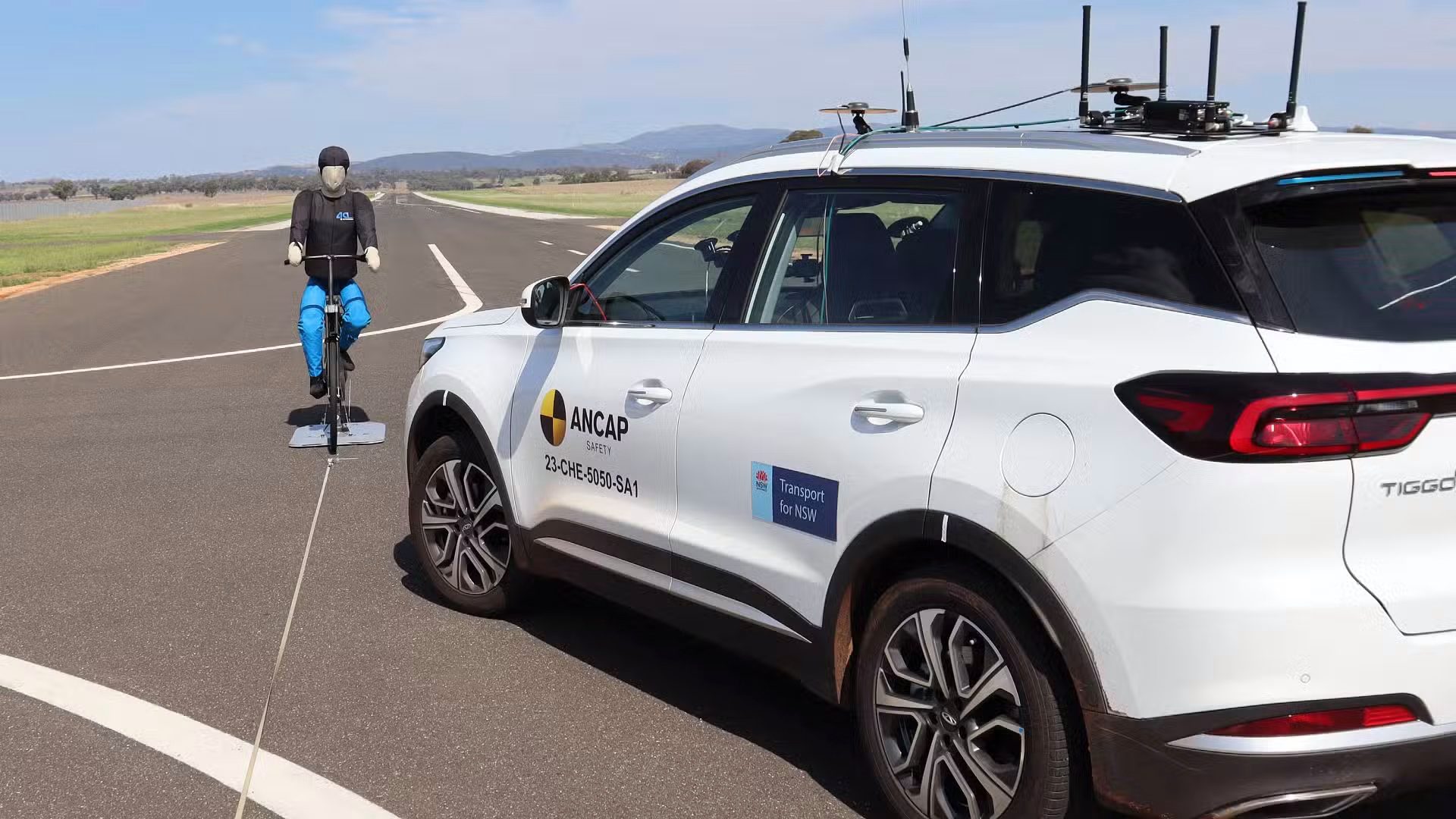
The local crash testing body will next year examine not only whether certain safety systems are present, but also their effectiveness and annoyance factor.
ANCAP reviews standards every three years, and will assess brands that update their safety systems after being assessed.
For example, Mitsubishi and Ford recently updated their driver monitoring systems after they were deemed too intrusive by customers.
Manufacturers must inform ANCAP if they have changed any safety systems that were part of the most recent assessment.
ANCAP Chief Executive Officer Carla Hoorweg said certain systems like driver monitoring will be under greater scrutiny next year.
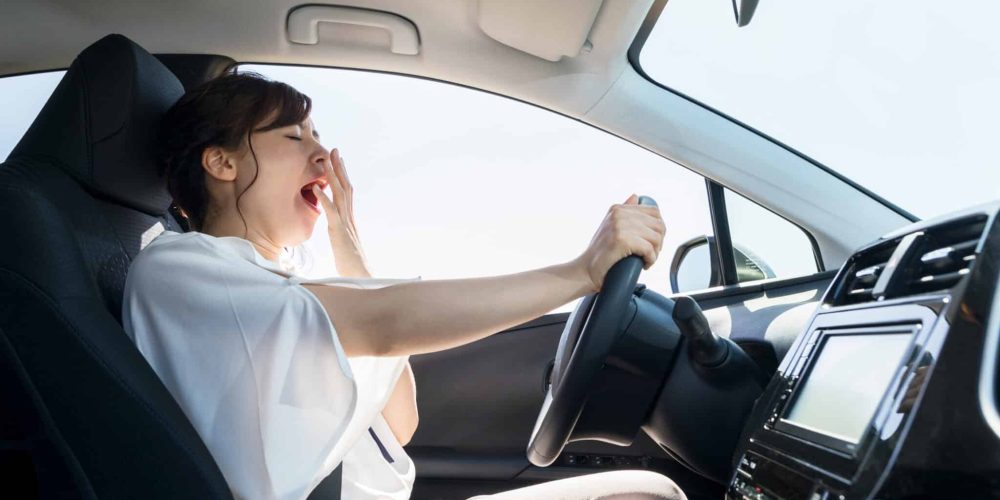
Lane support systems is an area where Euro NCAP and ANCAP are doing more work, according to Hoorweg. Beyond the job a lane departure system is meant to do, the testing bodies are looking at whether it is triggering too frequently to become annoying. Some lane keeping systems are also overly intrusive.
She added “That is something we can incorporate into the protocols…in 2026.”
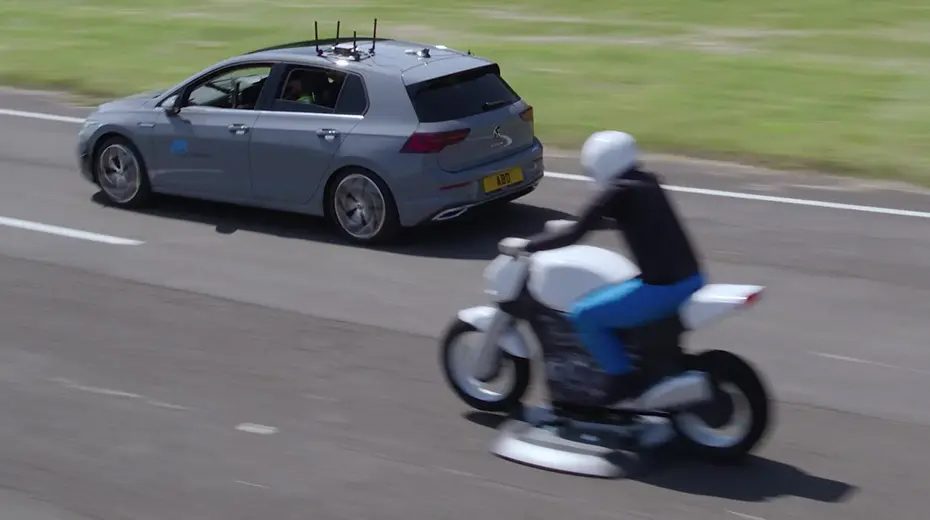
Euro NCAP is already on the job, looking at occupant monitoring, driver engagement, and low-speed collision avoidance. Both agencies are considering subtracting points for annoying or distracting safety systems.
In October last year, Euro NCAP reassessed five popular models on the latest ‘assisted driving’ standards. BMW i5 and Mercedes-Benz C-Class were both deemed ‘very good’ but the BYD Atto 3 was hit with a ‘not recommended’ rating on account of its adaptive cruise control performance.
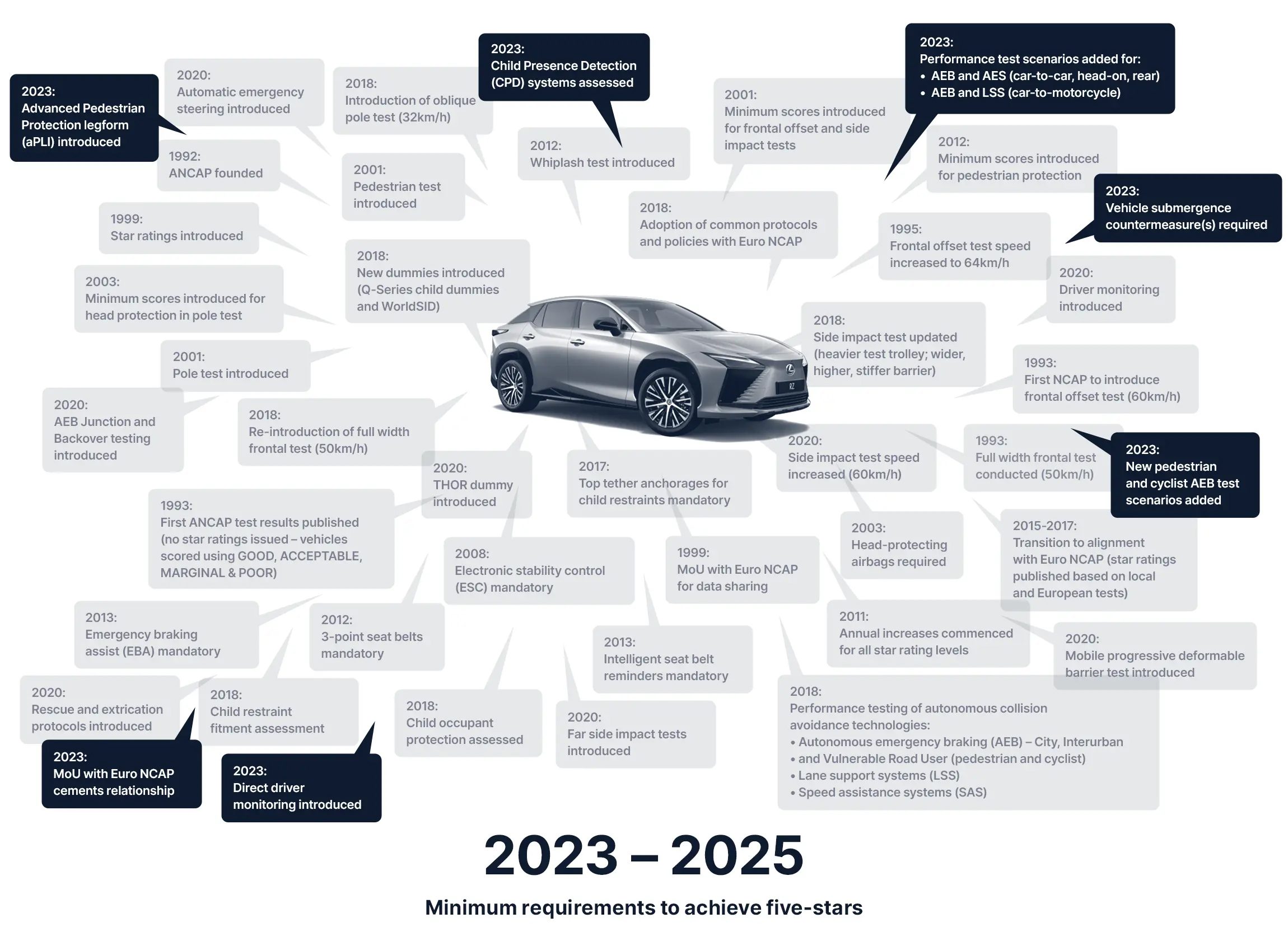
ANCAP says all vehicles that are available to purchase may be subject to testing.


